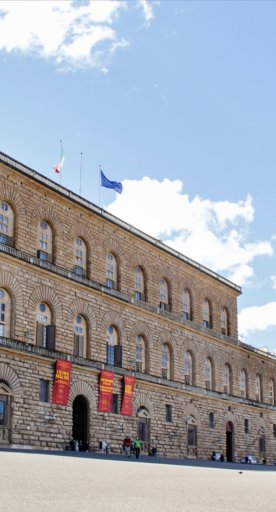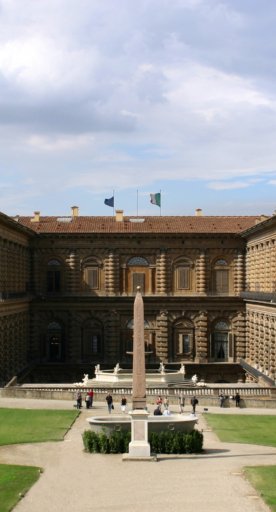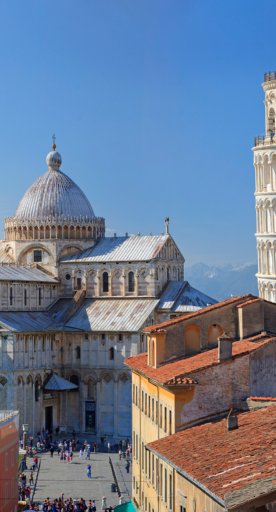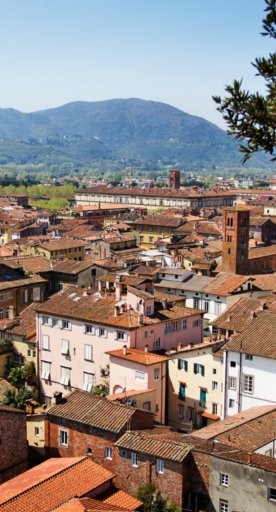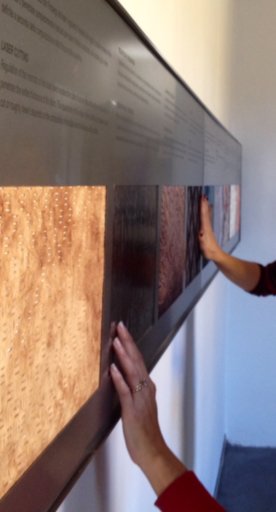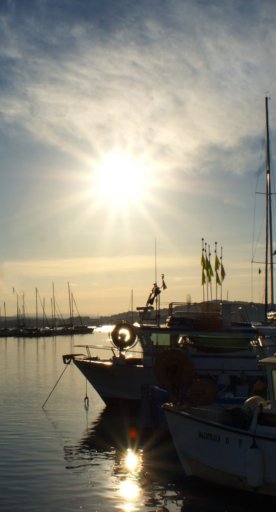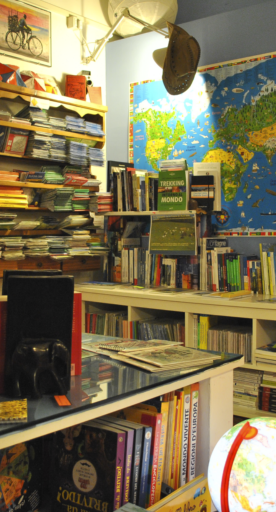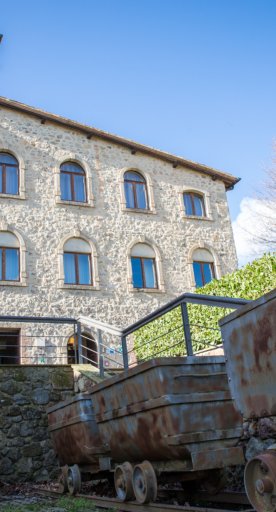Art itinerary in Valdinievole
A journey into the art of the twentieth century, from Montecatini Terme to Ponte Buggianese
Montecatini Terme and the entire Valdinievole area are a veritable open-air museum in Tuscany, with a vast collection of artworks and architecture created between the late nineteenth and early twentieth centuries, a period that ranges from neoclassical taste, to eclecticism and finally, the liberty of the Belle Époque.
-
1.Montecatini Terme
-
2.Pescia and Collodi
-
3.Monsummano Terme and Ponte Buggianese
Montecatini Terme

In Montecatini Terme, the atmosphere of the Belle Époque can be most felt in the Terme del Tettuccio, a “thermal temple” created in 1916 by Ugo Giovannozzi, who wanted to evoke the charm of the ancient Roman baths through colonnades, courtyards, podiums and elaborate fountains. The same ambiance is also found in Terme Tamerici, a typical expression of eclecticism from the period when the Tuscan Renaissance, Venetian Moorish and Neo-medieval were combined. It can be seen on the facade of the Kursaal, created in 1907 as a "temple of opera, operetta and worldliness", it also housed a casino and a large ballroom.
Palazzo Comunale of Montecatini is home to Mo.C.A, a museum dedicated to modern and contemporary art, now situated in the spaces once used by the postal service and decorated by Galileo Chini. It features works by masters of the twentieth century, including Orfeo Tamburi, Sergio Scatizzi, Salvatore Fiume and Pietro Annigoni. Joan Mirò is also present in the collection, with the large canvas entitled ‘Donna avvolta in un volo di uccello’.
Pescia and Collodi

The great art of the twentieth century is a prominent feature in the city of Pescia. It presents visitors with a collection of 230 plaster casts by the sculptor Libero Andreotti. Set up on three floors in the Palagio del Podestà, the Libero Andreotti Gipsoteca is a wonderful tribute to the artist and the city where he was born.
The Collodi area was the origin of the concept of an "artist's garden" in Tuscany. Since 1956, the Pinocchio Park has hosted works by great masters who have interpreted the world of the famous puppet. Notable names include Venturino Venturi, Emilio Greco, Pietro Consagra and the landscape architect, Pietro Porcinai.
Monsummano Terme and Ponte Buggianese

Our art journey ends at the Museum of Contemporary and Twentieth Century Art (Mac, n) in Monsummano Terme. Located at Villa Renatico Martini, it hosts works by Vinicio Berti, Ferdinando Chevrier, Marcello Guasti, Quinto Martini, Jorio Vivarelli and Pietro Annigoni. The latter created a cycle of works inspired by the New Testament that adorn the Sanctuary of the Madonna del Buon Consiglio in Ponte Buggianese.












